At the time the sanctions against Russia were imposed, leaders of the European Commission and some Western member states argued that the measures would force the war machine to come to a stop. Since then, over six months have passed and Europe is in crisis: an energy crisis, businesses are suspending operations, people are terrified of their bills, inflation is skyrocketing, and the war is getting more and more intense. All the while, Russia’s revenues are rising significantly.
However, President of the European Commission Ursula von der Leyen believes that the sanctions imposed have a profound and visible effect. In regard to the emerging energy and livelihood crisis, she said that “supporting Ukraine has a high price, but our freedom, international peace order and democracy is priceless.”
“If we look back on the history of sanctions policies, then we can see that such measures have never actually achieved the desired results,” said Imre Boros.
The economist mentioned that sanctions policies began during the Cold War period.
“In World War 2, Germany was defeated with the powerful push of help from the Soviet Union. Afterwards, Winston Churchill gave his famous Fulton speech in 1946 where he essentially declared the Soviet Union an enemy,” reminded the expert. Eventually, sanctions policies were developed which enveloped more and more territories; among other things, Western technological products were cut off from the Soviet Union. An entire institutional system was developed for embargo measures which were strictly enforced. The fact that Europe did not ban the import of raw materials because they needed them was another question.
“Many tried to circumvent sanctions, plenty with success. A system of intermediaries was established. Even the so-called nuclear secrets were leaked to the Soviet Union which got the Rosenberg couple executed. But the Soviets were not without technology – just think of the Sputnik program which sent the first satellite into outer space,” cited Imre Boros.
It is a mistake to think that the collapse of the Soviet Union was caused by the sanctions.
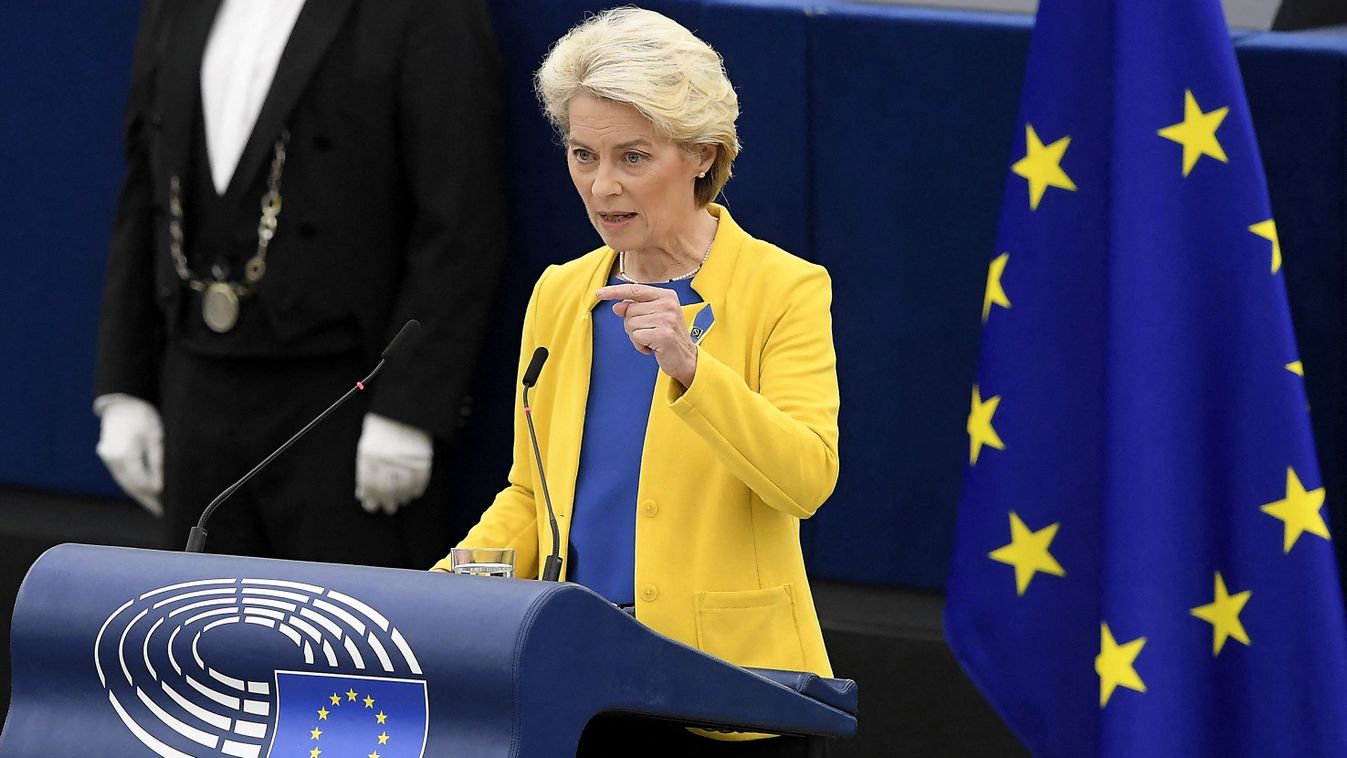

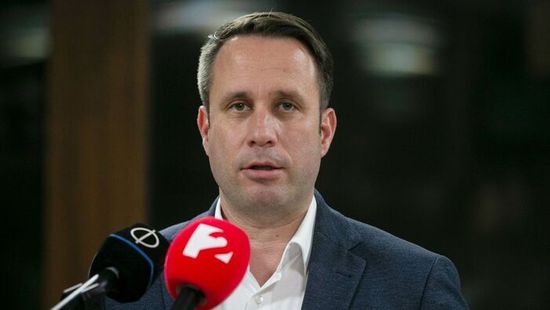
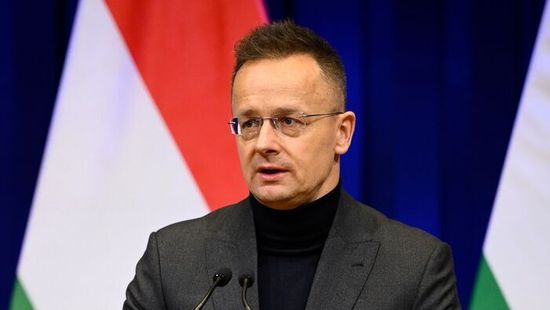
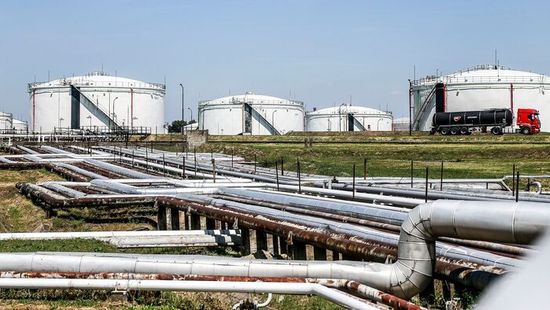

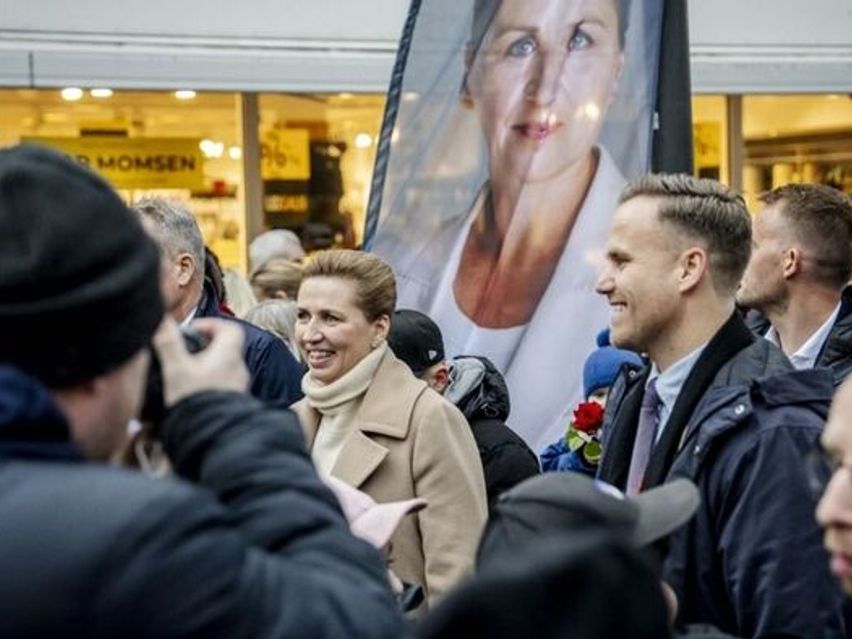




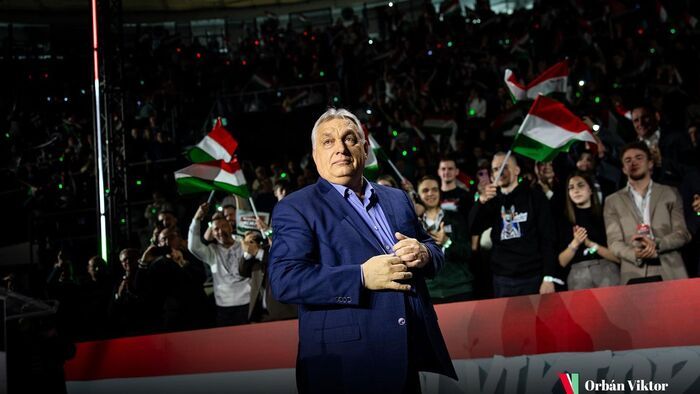

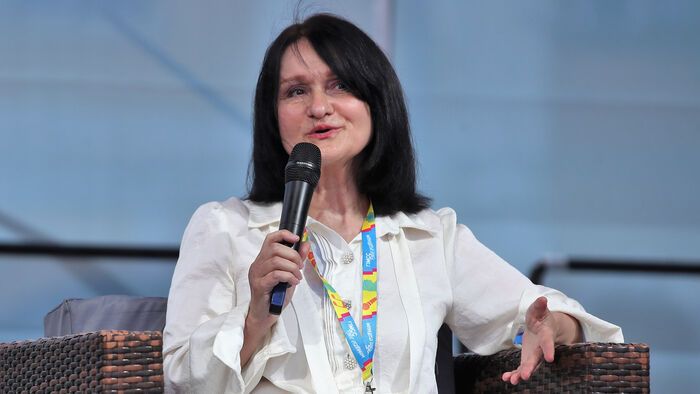
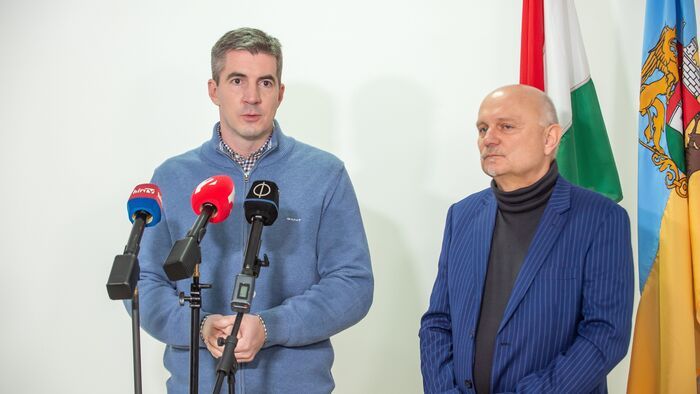
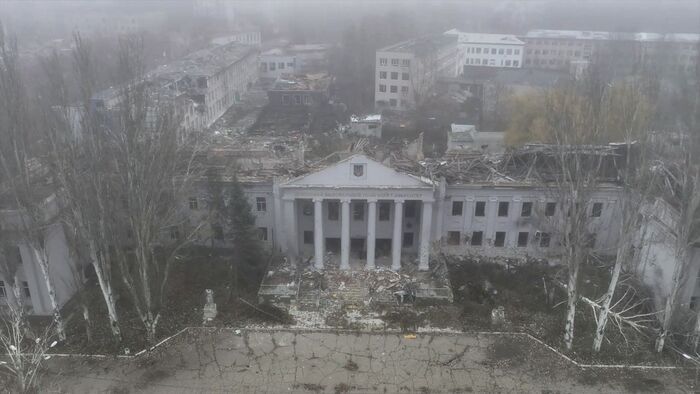
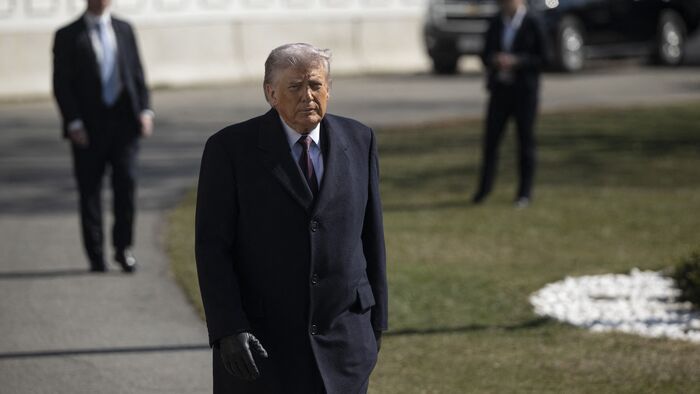
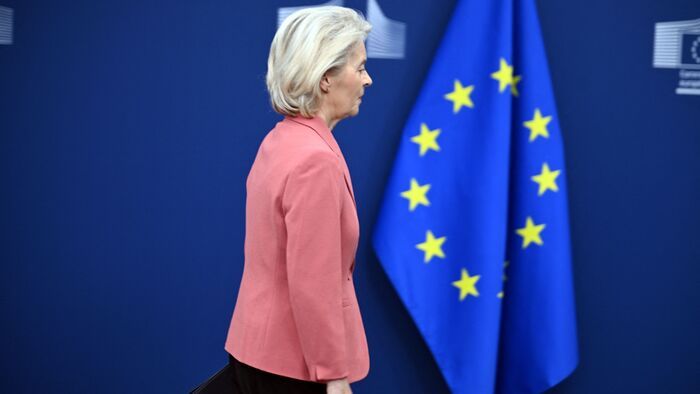


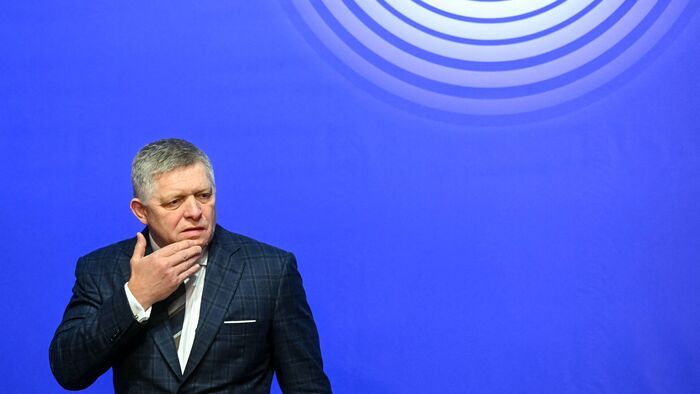


Szóljon hozzá!
Jelenleg csak a hozzászólások egy kis részét látja. Hozzászóláshoz és a további kommentek megtekintéséhez lépjen be, vagy regisztráljon!